Thriving Communities, Healthy Landscapes
We're helping more than two million farmers embrace more sustainable growing practices that can help build resilience to climate change and boost yields.
Home / Issues / Livelihoods / Page 2
Across the tropics, farming and forest communities face a daily struggle to cover life’s basic needs. Breaking the cycle of rural poverty—and tackling the ensuing impacts for people and nature—is critical for a more sustainable future for us all.
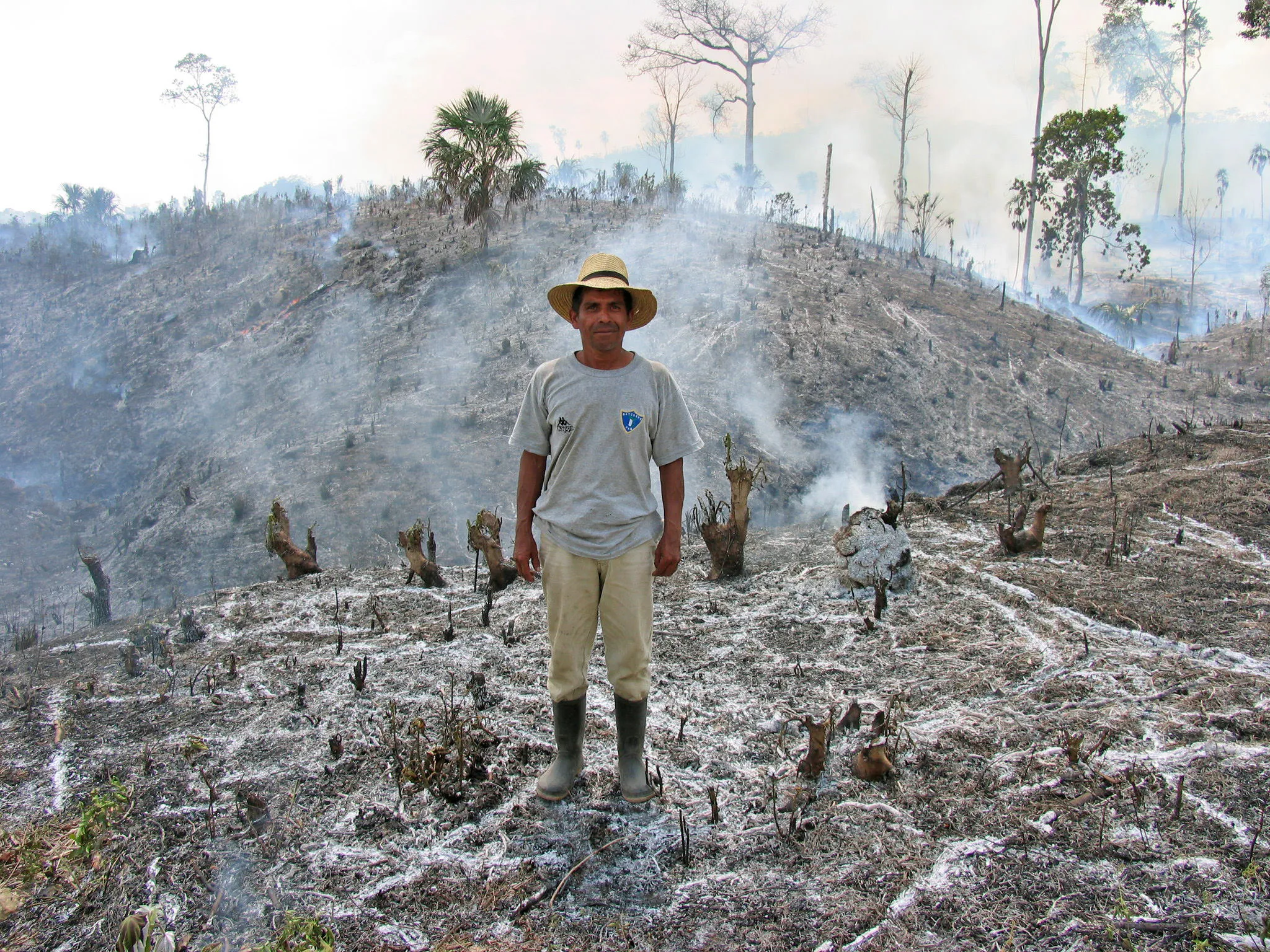
Rural poverty is at the root of many of our most pressing global challenges, from child labor and poor working conditions to deforestation for agricultural expansion. Economic desperation exacerbates these complex issues, which are deeply embedded in global supply chains. The result is a vicious cycle of environmental destruction and human suffering.
Our work to cultivate rural prosperity brings real, measurable benefits for farmers, forest communities and Indigenous peoples around the world.
![]()
earned by our Maya Biosphere Reserve community partners from 2013-2021*
The Rainforest Alliance has been working with the community forestry concessions in Guatemala’s Maya Biosphere Reserve since 1999—helping to develop thriving forest enterprises based on the responsible harvesting and processing of non-timber forest products (such as nuts and palm fronds), in addition to timber for export, according to the rigorous standard of the Forest Stewardship Council (FSC).
*2013-2021 earnings from 100+ small and medium-sized forest-based businesses in the community concessions of Guatemala’s Maya Biosphere Reserve.
![]()
on West African small-scale certified farms*
In 70 countries, farmers are trained in more sustainable practices that boost climate resilience, conserve biodiversity, and promote worker wellbeing—while also helping to increase productivity and improve their incomes. Learn more
*Three studies published in 2018-2020 reveal that income from cocoa production is 40% higher on average on Rainforest Alliance and UTZ Certified farms in Ghana and Cote d’Ivoire, compared to non-certified farms:
The Rainforest Alliance partners with frontline communities to build thriving rural economies rooted in more sustainable growing practices and forest stewardship. We also promote responsible business practices to ensure that companies recognize and reward sustainability transformation—in the field as well as the boardroom.
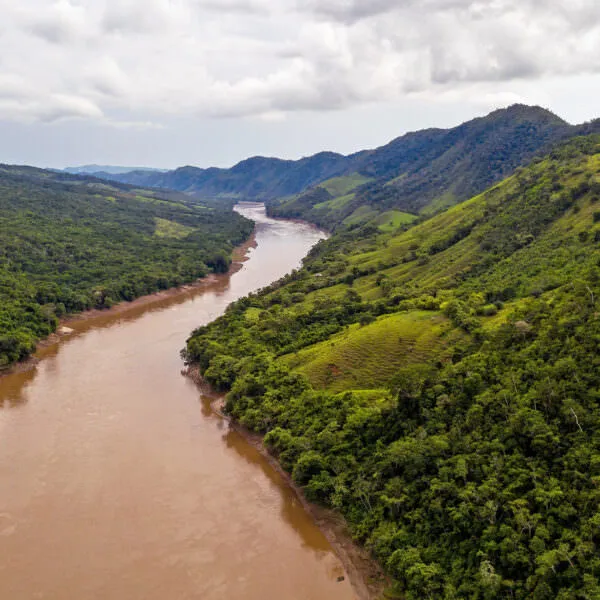
We're helping more than two million farmers embrace more sustainable growing practices that can help build resilience to climate change and boost yields.
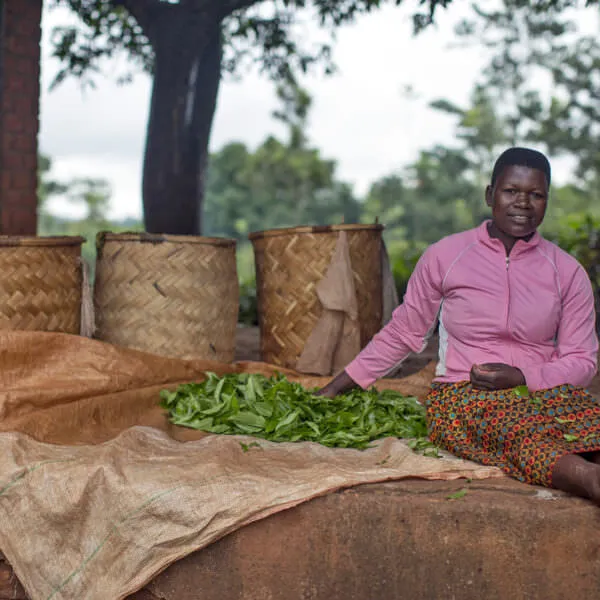
To improve rural livelihoods, we foster deep collaboration between farmers, civil society organizations, companies, and governments.
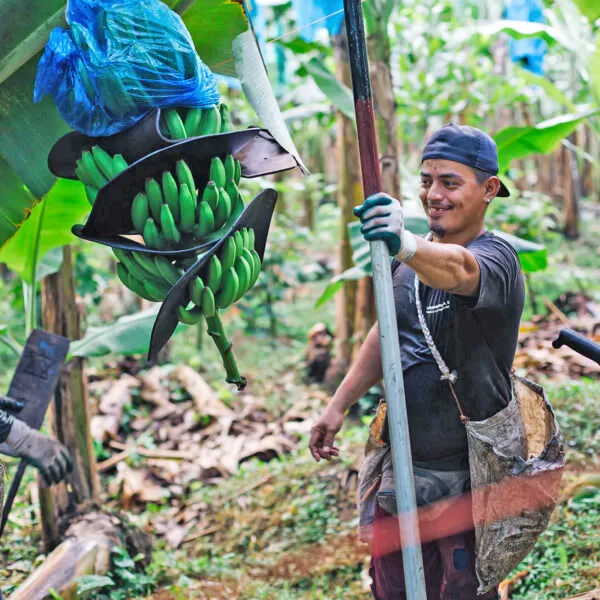
The Rainforest Alliance believes that workers around the world should be paid enough money to provide a decent life for themselves and their families.
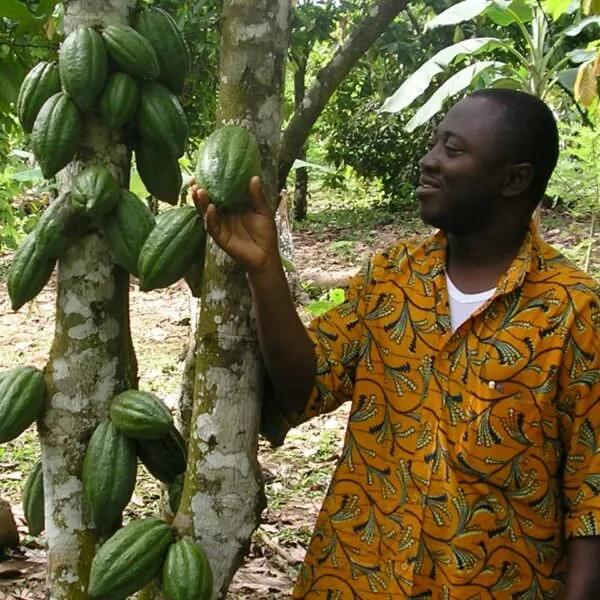
At the Rainforest Alliance, we believe in a shared responsibility approach that encourages companies to do their part in ensuring a living income for farmers. This is the basis of our initiatives, the Living Income Module and the Living Income Fund.

In partnership with the Inter-American Development Bank (IDB), the Rainforest Alliance is implementing the first phase of IDB’s Amazon Bioeconomy Marketplace (ABM) initiative to improve socioeconomic conditions, fight climate change, and help restore ecosystems in the Amazon by supporting the identification and growth of export-oriented sustainable bio-businesses. Through training and technical assistance activities on sustainability […]
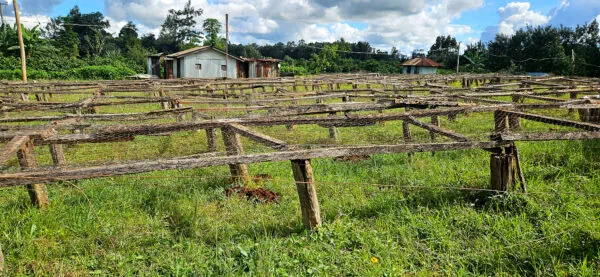
Meet the Baragwi coffee cooperative - a perfect example of the positive impacts Rainforest Alliance Certification can have for coffee farming right now and well into the future. ... Continue Reading
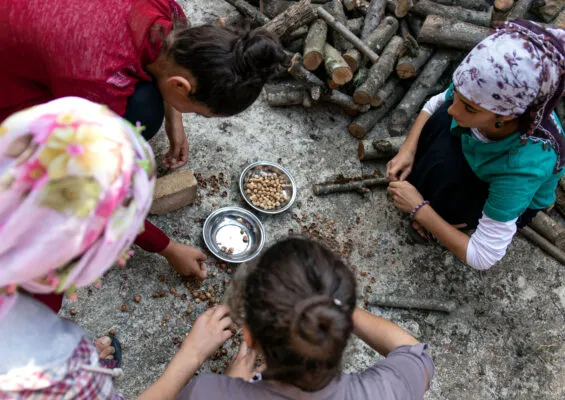
Since 2013, we have been working with farmer groups, traders, brands, and retailers to increase sustainability farming practices, stop child labor, and improve the lives of hazelnut farmers througout Türkiye.... Continue Reading
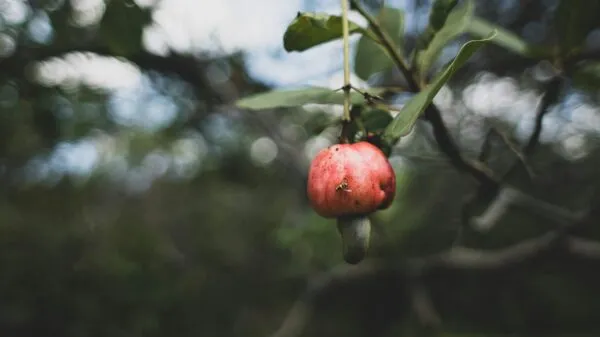
The Rainforest Alliance is working to make cashew farming more sustainable by addressing challenges like deforestation, poor working conditions, and low farmer incomes through certification, sustainable practices, traceability, and supply chain improvements.... Continue Reading
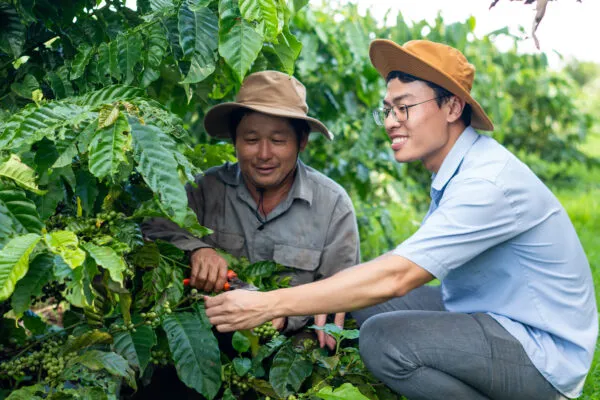
The Rainforest Alliance and Acorn will partner with two coffee businesses and farmers in Vietnam to implement regenerative coffee farming practices that can increase their plots’ resilience, biodiversity, and carbon sequestration capabilities. ... Continue Reading

A story in The Guardian exploring the challenges facing cocoa-growing communities in Chiapas, Mexico highlights how the Rainforest Alliance’s teams are working with local cocoa farmers to provide support in building resilience against climate change.
Thank you for your interest in partnering with the Rainforest Alliance! We collaborate with brands, businesses, and creators committed to sustainability, helping them drive impact while strengthening their brand.
Fill out the form below to explore cause marketing partnership opportunities. The more details you provide, the better we can align on a collaboration that helps create meaningful change.
Let’s make a difference for people and nature together!
"*" indicates required fields
"*" indicates required fields
"*" indicates required fields
"*" indicates required fields
Notifications